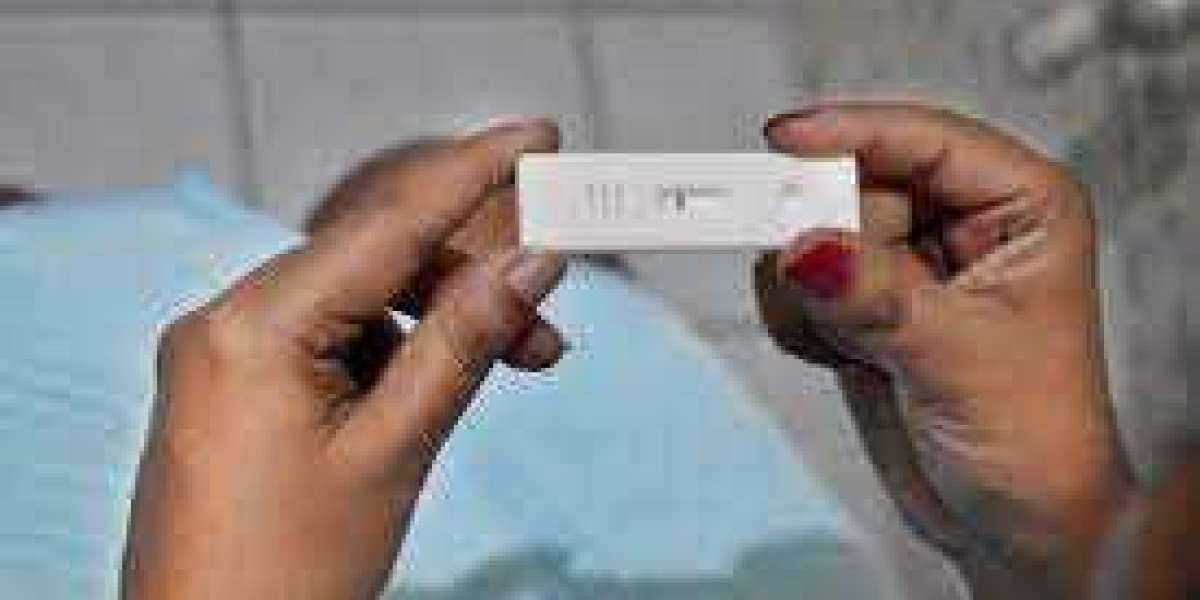Pregnancy test kits are convenient, over-the-counter devices used to detect the presence of human chorionic gonadotropin (hCG) hormone in urine, indicating whether a woman is pregnant or not. These kits offer privacy and convenience, allowing women to perform the test in the comfort of their own homes.
How Pregnancy Test Kits Work:
Pregnancy test kits detect hCG hormone, which is produced by the placenta shortly after a fertilized egg attaches to the uterine lining. Most pregnancy test kit consist of a plastic casing containing an absorbent tip. The tip is designed to absorb urine, and it contains chemicals that react with hCG if present.
To use the kit, a woman typically collects a urine sample in a clean container and then either dips the absorbent tip into the urine or uses a dropper to apply urine to the tip. After a few minutes, the test will display the results, typically as a line, a symbol, or a digital display indicating whether the test is positive or negative for pregnancy.
Types of Pregnancy Test Kits:
Strip Tests: These are the most basic type of pregnancy test kits. They consist of a thin strip with an absorbent tip. The user applies urine directly to the tip, and the results are displayed as lines on the strip.
Midstream Tests: These kits have a wider, flat stick with an absorbent tip at one end. The user holds the stick in the urine stream for a few seconds or dips it into a urine sample collected in a cup. The results are displayed on the stick.
Digital Tests: These kits provide a digital display of the results, typically showing "pregnant" or "not pregnant." They are easy to read and eliminate the need for interpretation of lines or symbols.
Accuracy and Reliability:
Most pregnancy test kits claim to be highly accurate when used correctly, with accuracy rates of over 99% when testing on the day of a missed period. However, accuracy can be affected by factors such as improper use of the kit, dilution of urine, medications that contain hCG, and certain medical conditions.
When to Use a Pregnancy Test Kit:
Pregnancy test kits are most accurate when used after a missed period, as hCG levels are typically high enough to be detected by the test at this time. However, some kits claim to be able to detect pregnancy earlier, even before a missed period, although the accuracy may be lower in these cases.
Conclusion:
Pregnancy test kits provide a convenient and reliable way for women to determine whether they are pregnant without the need for a doctor's appointment or laboratory testing. While they are generally accurate when used correctly, it is essential to follow the instructions carefully and consult a healthcare provider if there are any doubts or concerns about the results.



